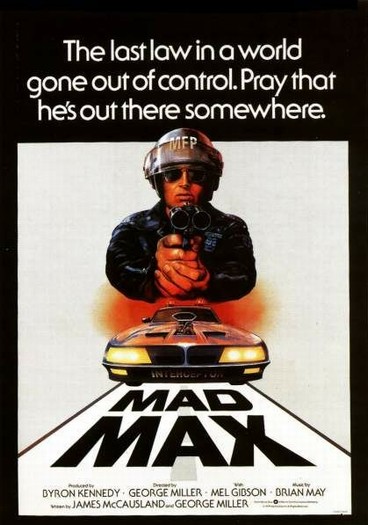Screening as part of the Masters & Restorations program at this year’s MIFF is Baal, writer/director Volker Schlöndorff’s television adaptation of Bertolt Brecht’s play of the same name which features a rare leading performance by Schlöndorff’s contemporary in the German New Wave and master filmmaker Reiner Werner Fassbinder outside of his own films. After a single screening in 1970 it was removed from public release by Brecht’s widow, but 44 years later is making the rounds at film festivals thanks his granddaughter who has approved its release. And thankfully it was worth the wait, offering a rare treat for foreign film fans.
Told in chapters, the film chronicles the exploits of its title character (Fassbinder) who is ordained by those around him as a genius poet, but wastes away his talent in a haze of alcohol and self-abuse, only using it as an excuse for his increasingly boorish behavior towards everybody else. Together with his long suffering girlfriend who carries his child and a friend, he goes on an insane road trip that will eventually lead him to the death that he knows is coming.
The film is beautifully crafted by Schlöndorff in the visual aesthetic typical of the new wave. His handheld camera constantly weaves in and out of the action which works perfectly because of the deliberate staging of the scenes. The first chapter, comprised entirely of one shot, of Baal walking through a field while a song over the soundtrack foreshadows his doom, is particularly brilliant, all the more so because of its apparent simplicity.
The dialogue of the film, especially Baal’s, is recited in a heightened poetic style that will invariably alienate some viewers, but those that can adjust to it will find a lot to like. It would be hard to argue against describing the film as pretentious, but the film seems to be aware of its pretentiousness and follows through completely in its intention in a way that lesser films with the same goals would not be able to.
The movie, of course, belongs to the wunderkind Fassbinder. While far from an attractive leading man, he has an undeniable raw charisma that makes it hard for you to take your eyes off of him. If his early death was already a tragedy for the films he didn’t write and direct, than perhaps it’s even more so because of the films he didn’t star in.
Deliberately alienating, Baal is an extreme vision that has waited a long time to be seen. Don’t miss out.
Baal is screening as part of the 2014 Melbourne International Film Festival on Friday 1 August and Sunday 10 August.






